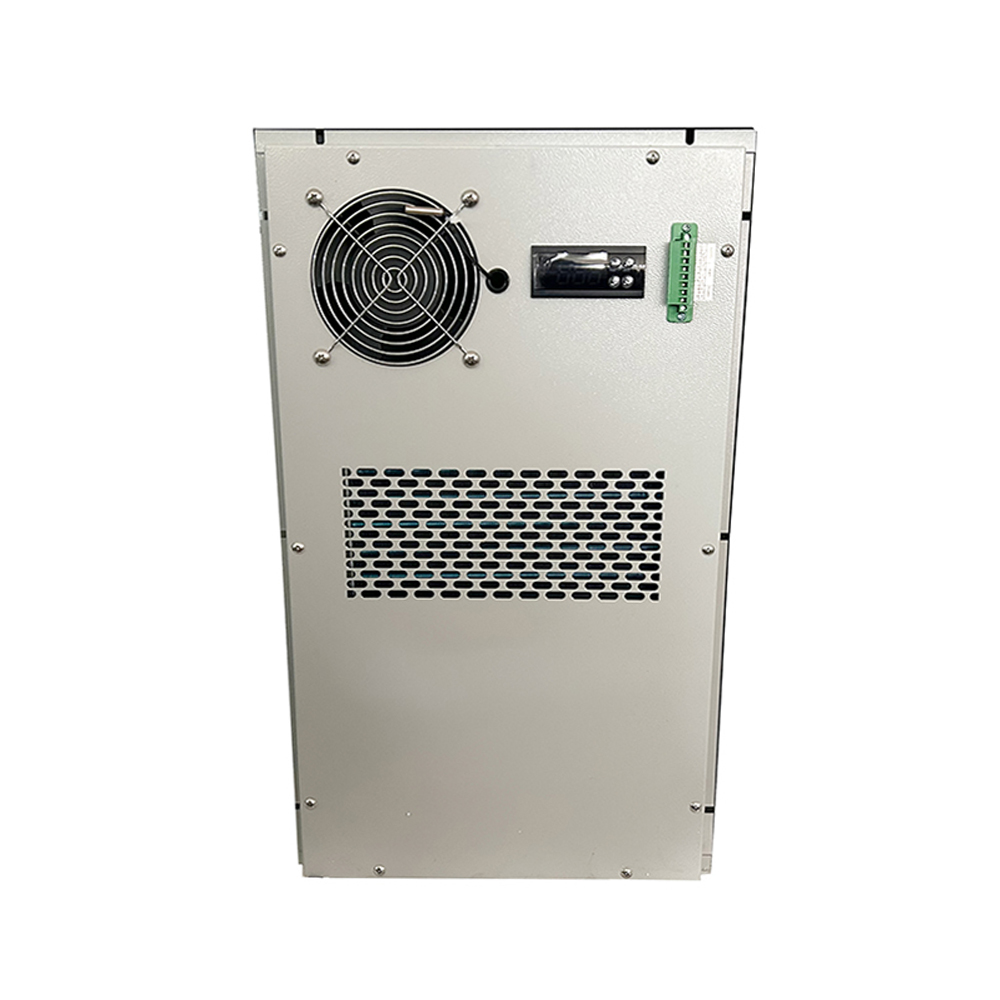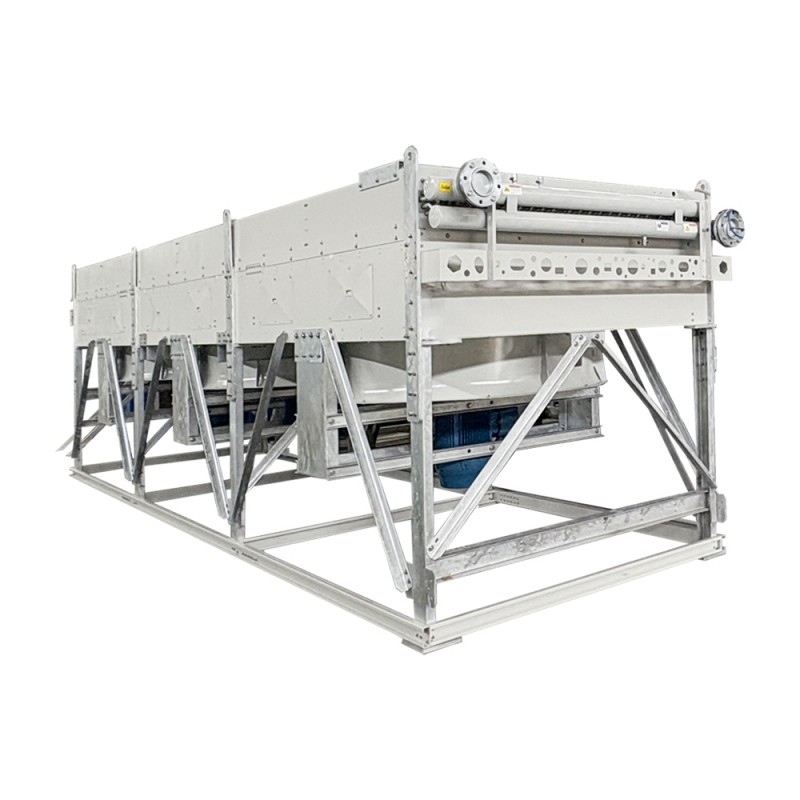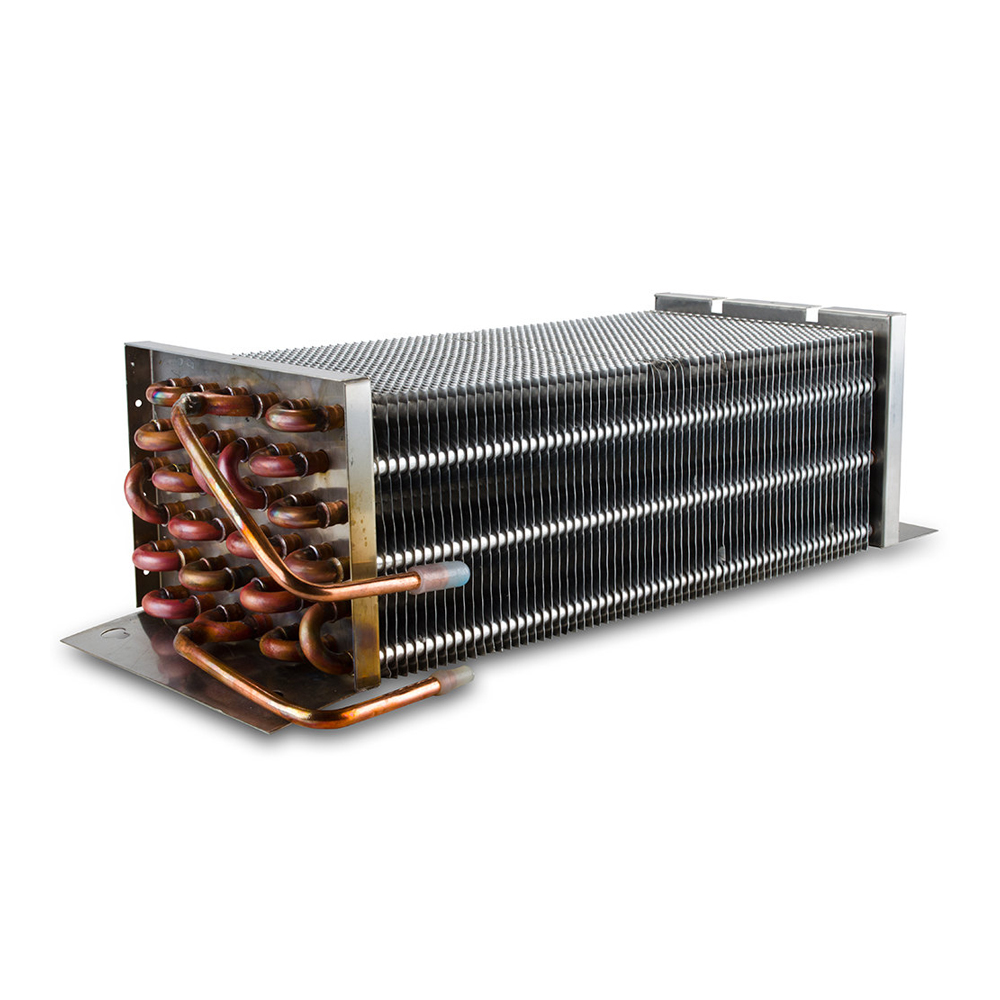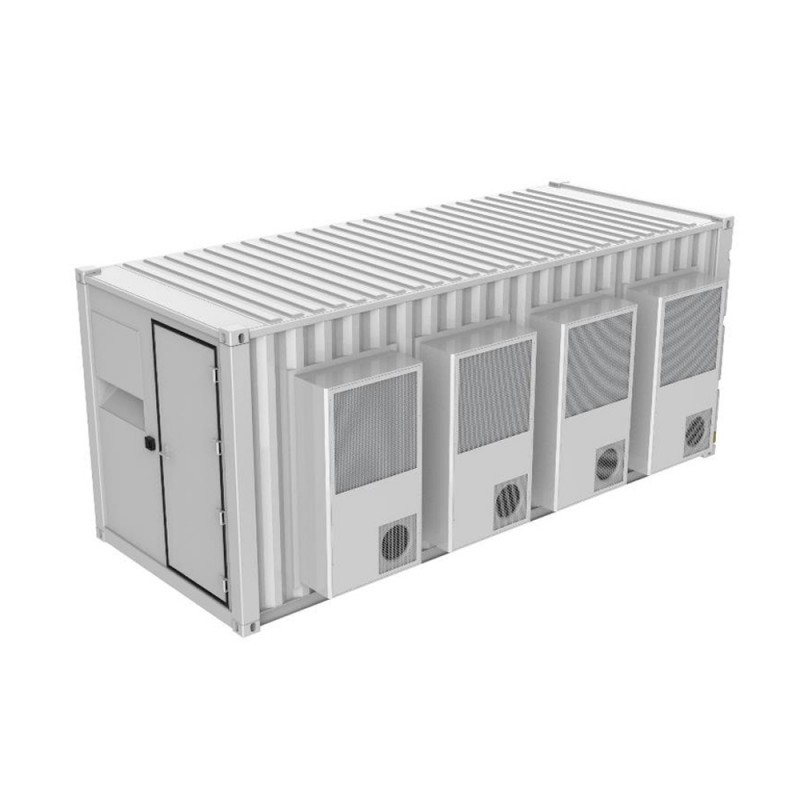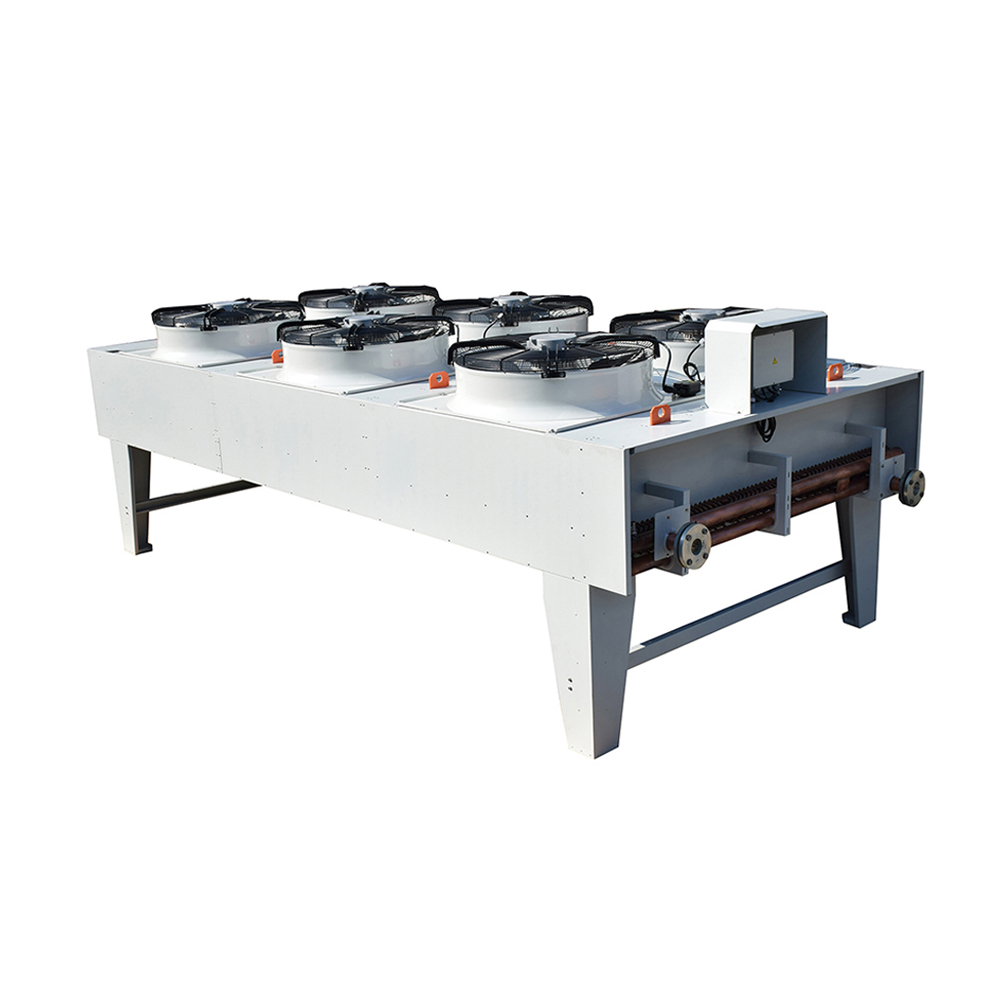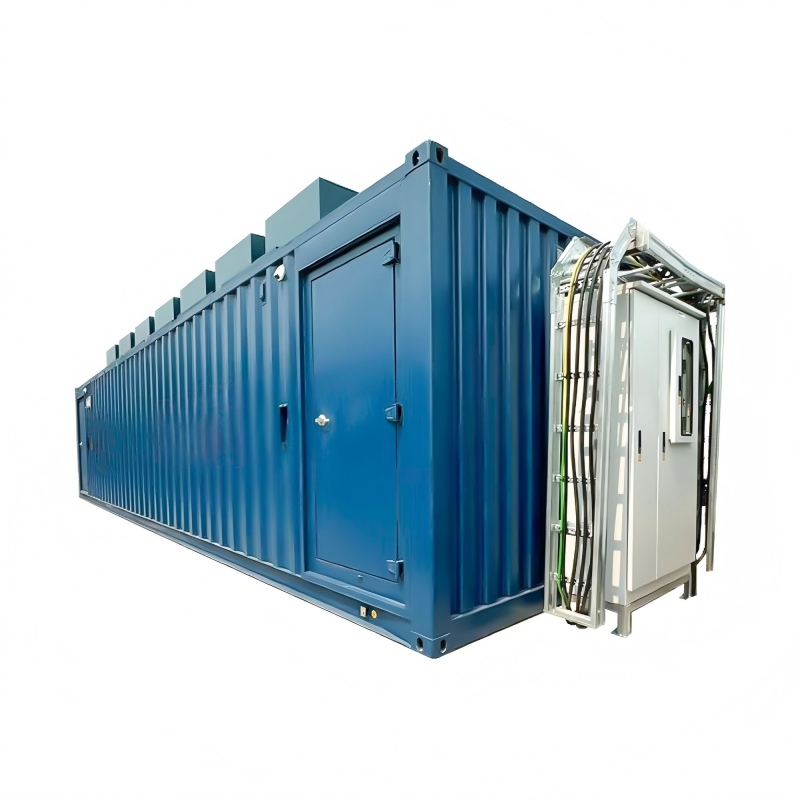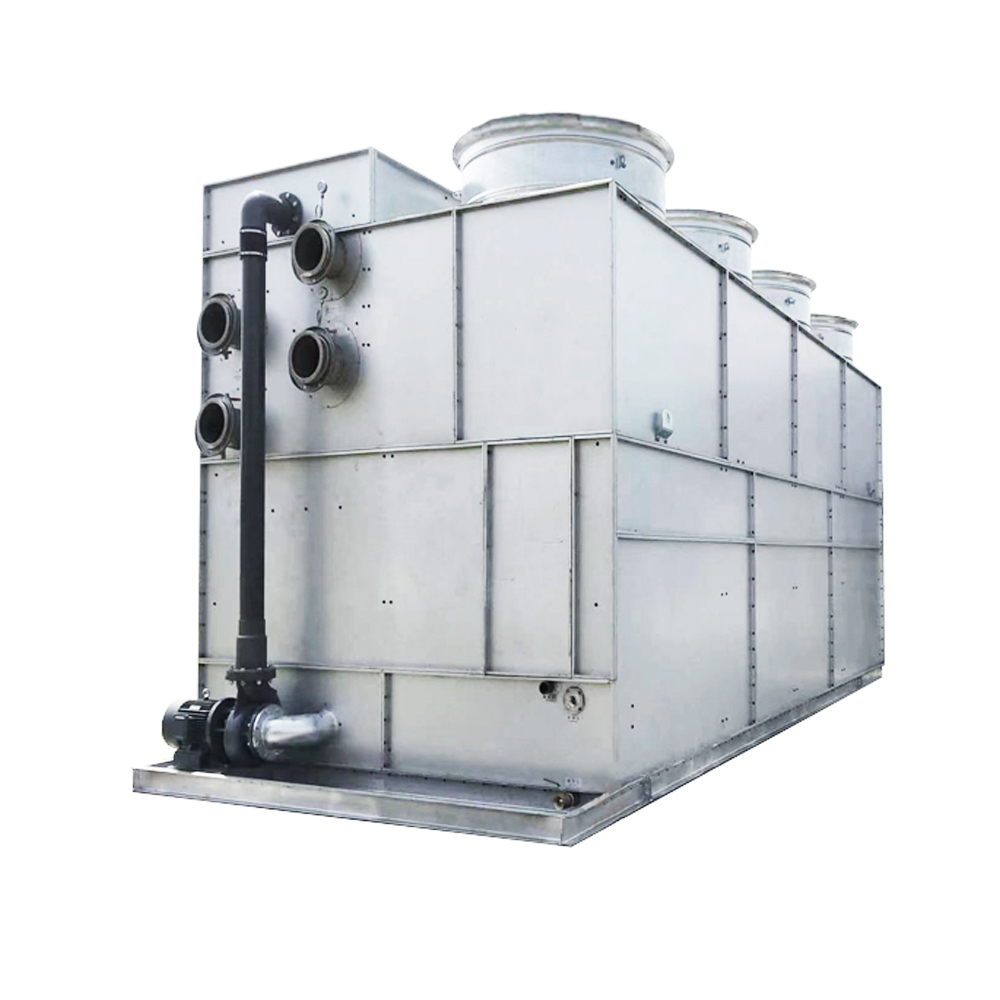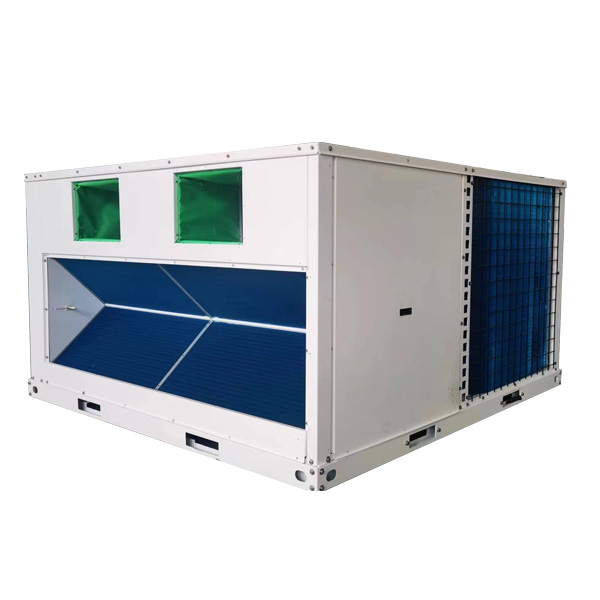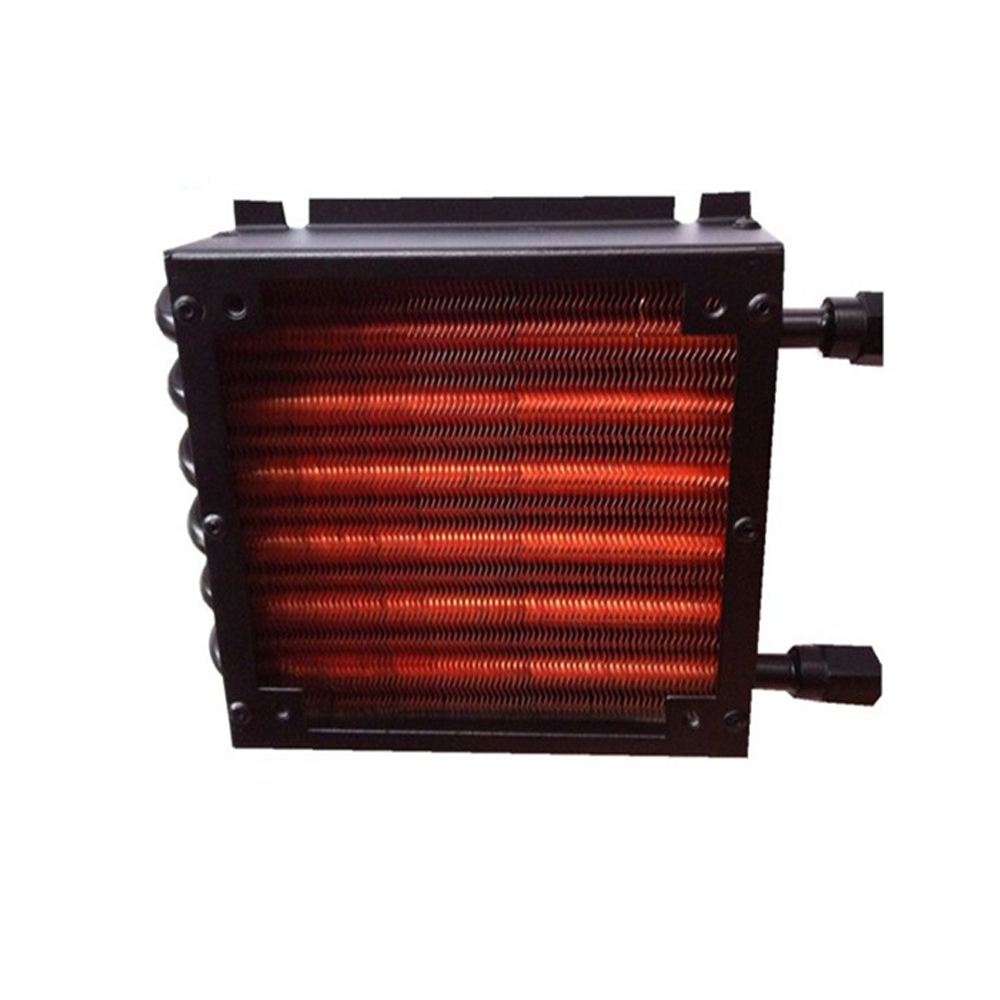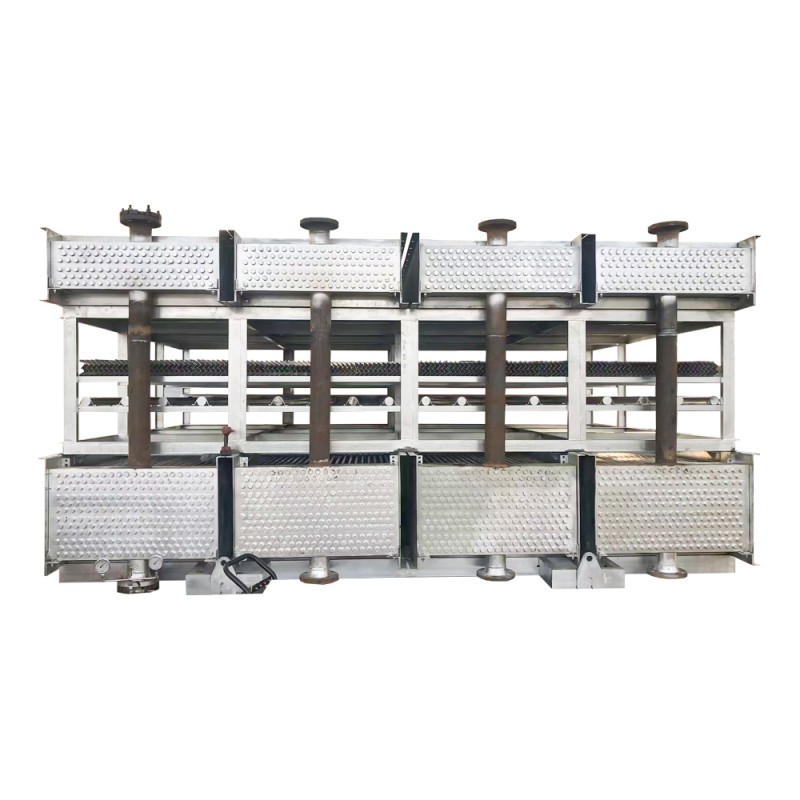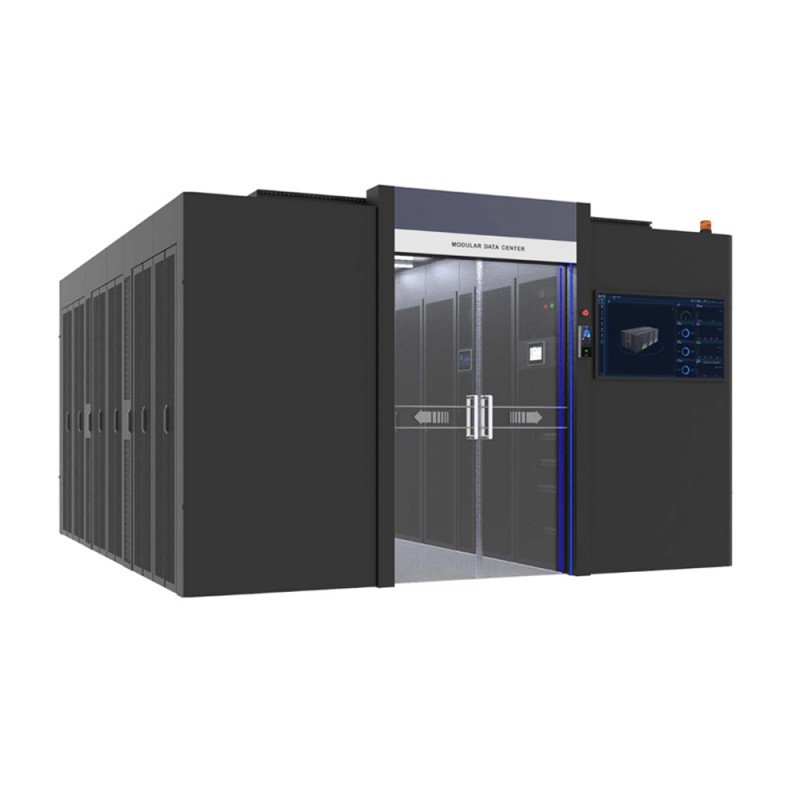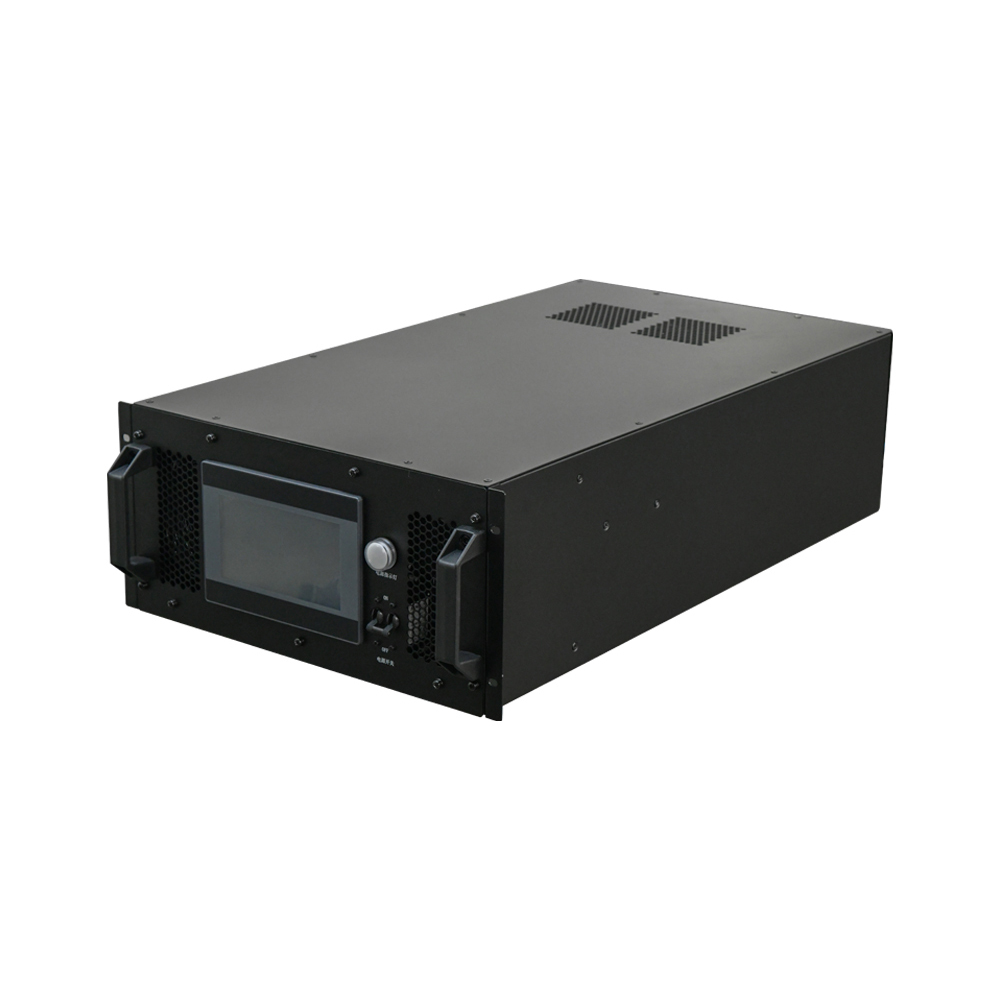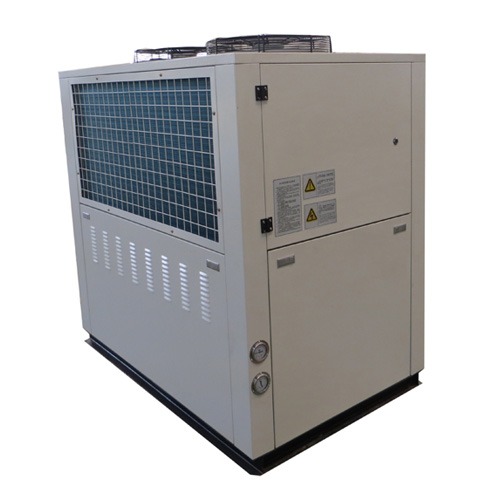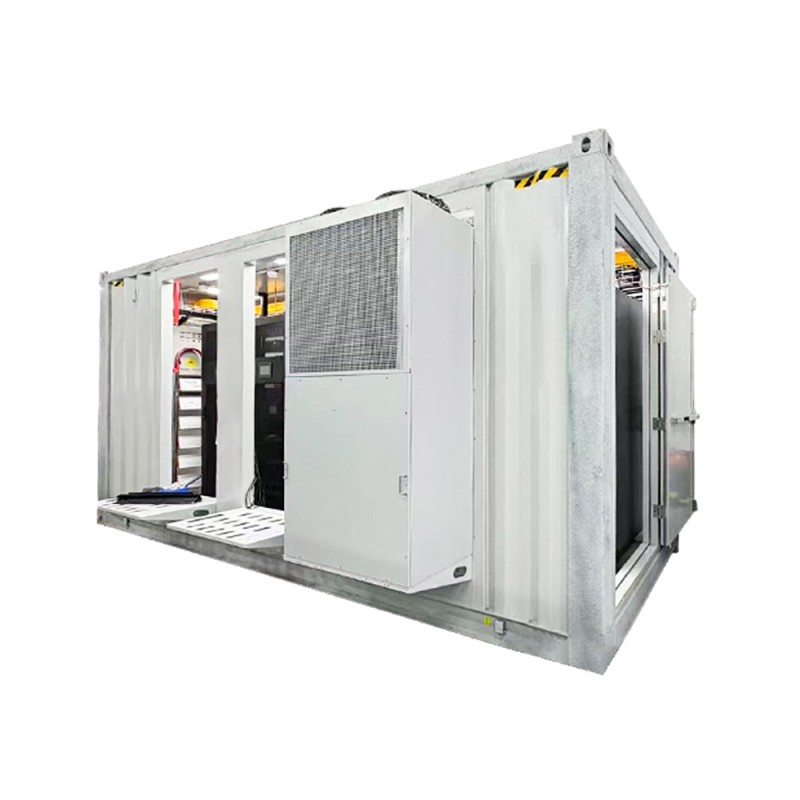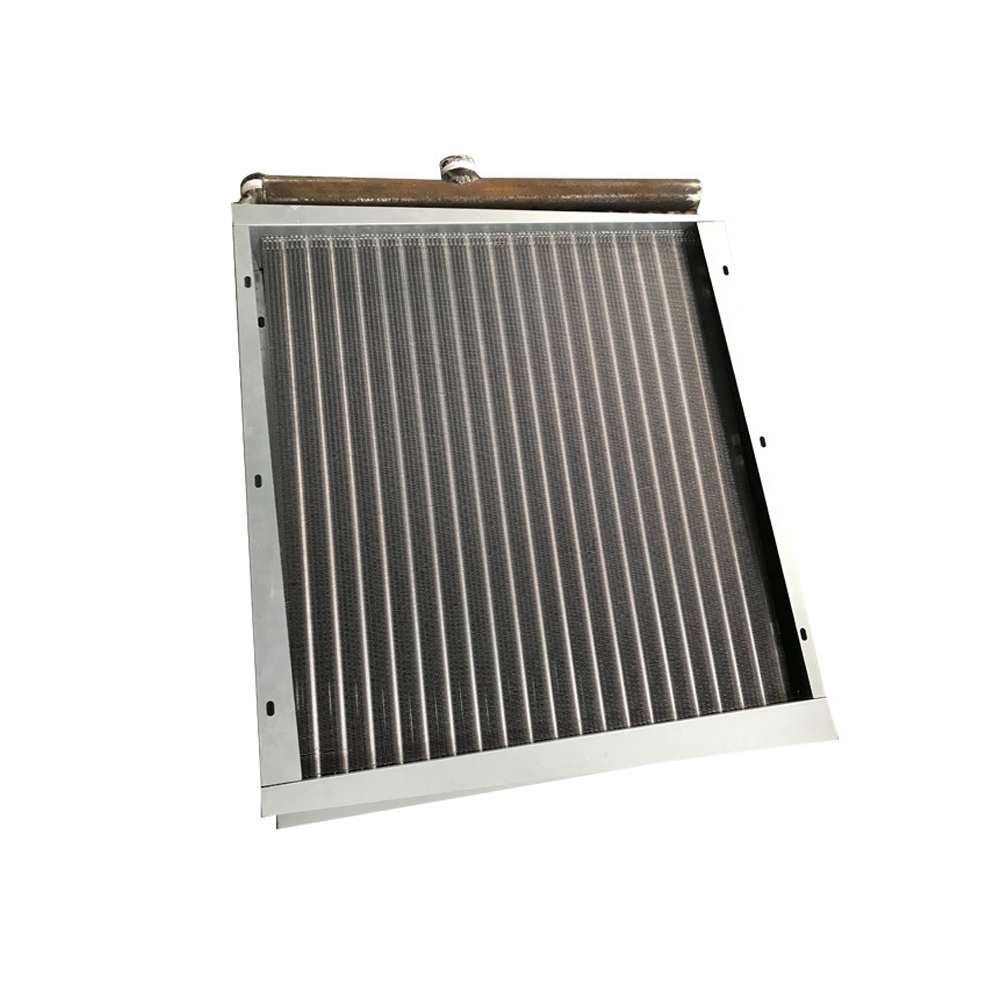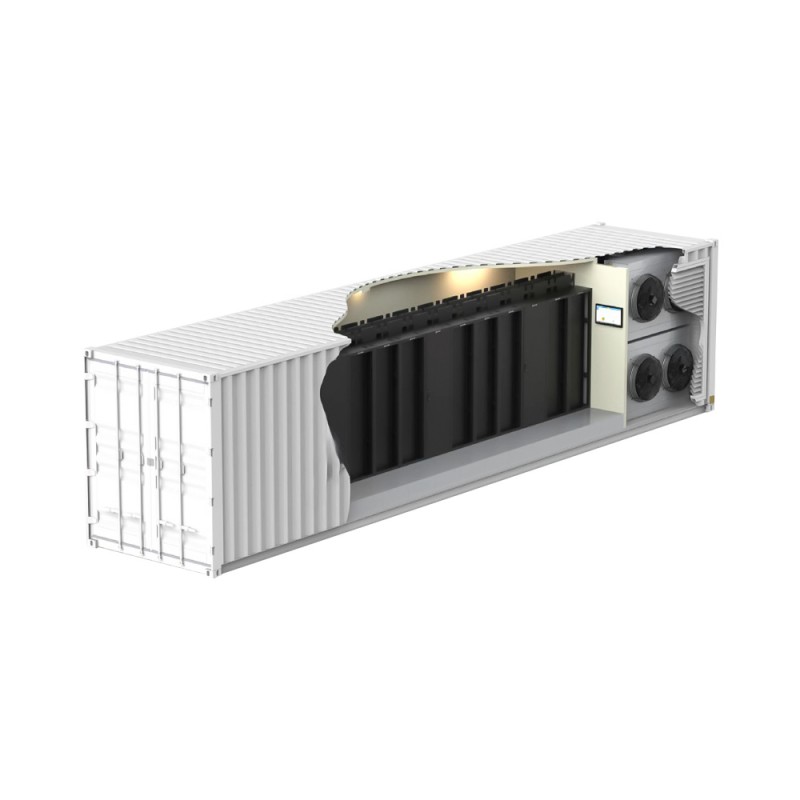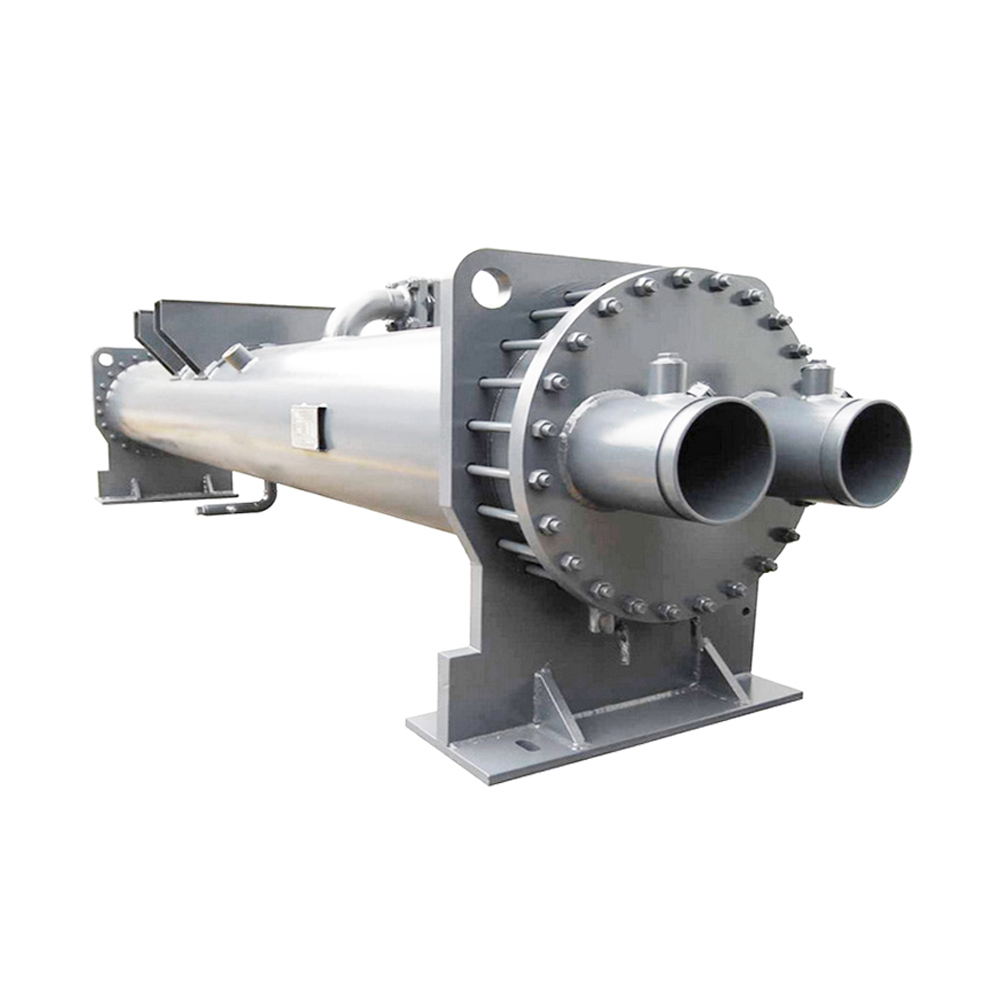Choosing the right industrial radiator is crucial for maintaining optimal temperatures in your facility. This guide explores key factors to consider, helping you select the best solution for your specific needs. We'll cover different types, sizing, efficiency, and maintenance, ensuring you make an informed decision.
Types of Industrial Radiators
Steam Radiators
Steam radiators utilize steam to transfer heat. They're known for their high heat output and are suitable for large spaces requiring significant heating. However, they can be less efficient than other options if not properly maintained and regulated. Consider factors like steam pressure and condensate return when choosing a steam industrial radiator.
Electric Radiators
Electric radiators offer precise temperature control and are easy to install. They're a good choice for smaller areas or supplemental heating. However, operating costs can be higher compared to other systems, depending on electricity prices. Efficiency is influenced by the quality of the heating element and insulation.
Hot Water Radiators
Hot water radiators provide consistent and even heat distribution. They are generally more energy-efficient than electric radiators and offer a longer lifespan. The efficiency of a hot water industrial radiator depends on the quality of the boiler and piping system. Regular maintenance is crucial for optimal performance.
Factors to Consider When Choosing an Industrial Radiator
Heating Capacity (BTU/hr)
The BTU rating (British Thermal Units per hour) indicates the amount of heat the radiator can produce. Accurately calculating your heating needs is essential to avoid overspending or underheating. Consider factors like the size of the space, insulation, and desired temperature.
Material and Construction
Common materials include steel, cast iron, and aluminum. Each has its own advantages and disadvantages regarding durability, corrosion resistance, and heat transfer efficiency. Steel is generally more affordable but may be prone to rust, while cast iron is highly durable but heavier. Aluminum offers lightweight construction and excellent heat transfer but can be more expensive.
Installation and Maintenance
Consider the ease of installation and the required maintenance for each type of industrial radiator. Some systems require more complex plumbing or electrical work. Regular maintenance, including cleaning and flushing, will prolong the life and efficiency of your system. For expert installation and maintenance, contact Shanghai SHENGLIN M&E Technology Co.,Ltd for top-quality industrial radiator solutions.
Choosing the Right Size
Proper sizing is critical for optimal performance. An undersized radiator will struggle to heat the space adequately, while an oversized radiator might cycle on and off frequently, reducing efficiency. Use online calculators or consult with a heating specialist to determine the appropriate BTU rating for your needs. Consider factors like ceiling height, window area, and external wall exposure.
Efficiency and Energy Savings
The efficiency of an industrial radiator can significantly impact your operating costs. Look for models with features that enhance energy efficiency, such as advanced thermostatic controls, improved insulation, and high heat transfer rates. Regular maintenance is crucial for maintaining peak efficiency.
Comparison Table: Industrial Radiator Types
| Feature | Steam Radiator | Electric Radiator | Hot Water Radiator |
| Heat Output | High | Moderate | Consistent |
| Installation | Complex | Simple | Moderate |
| Efficiency | Moderate (dependent on maintenance) | Variable (dependent on electricity costs) | High |
| Maintenance | Regular cleaning and flushing | Minimal | Regular cleaning and flushing |
Conclusion
Selecting the best industrial radiator requires careful consideration of various factors. By understanding the different types, their capabilities, and your specific heating needs, you can choose a system that provides optimal performance, efficiency, and longevity. Remember to factor in installation, maintenance requirements, and long-term operating costs. Contact a professional for assistance if needed.









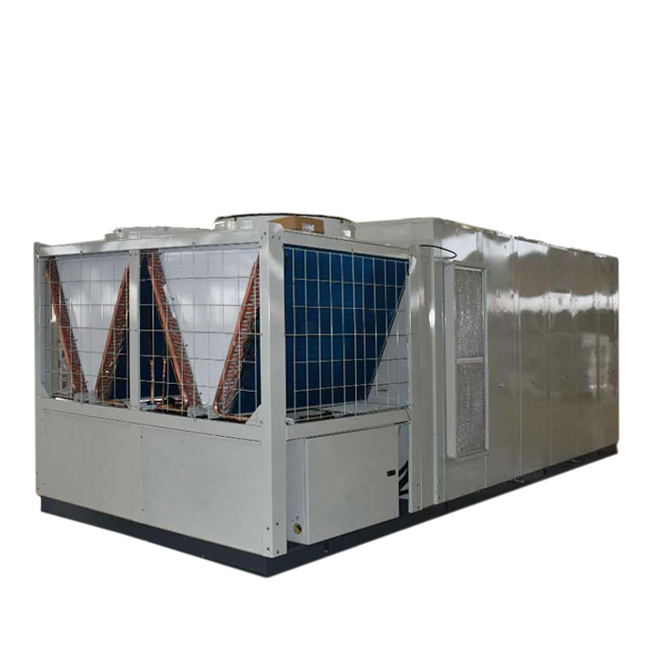
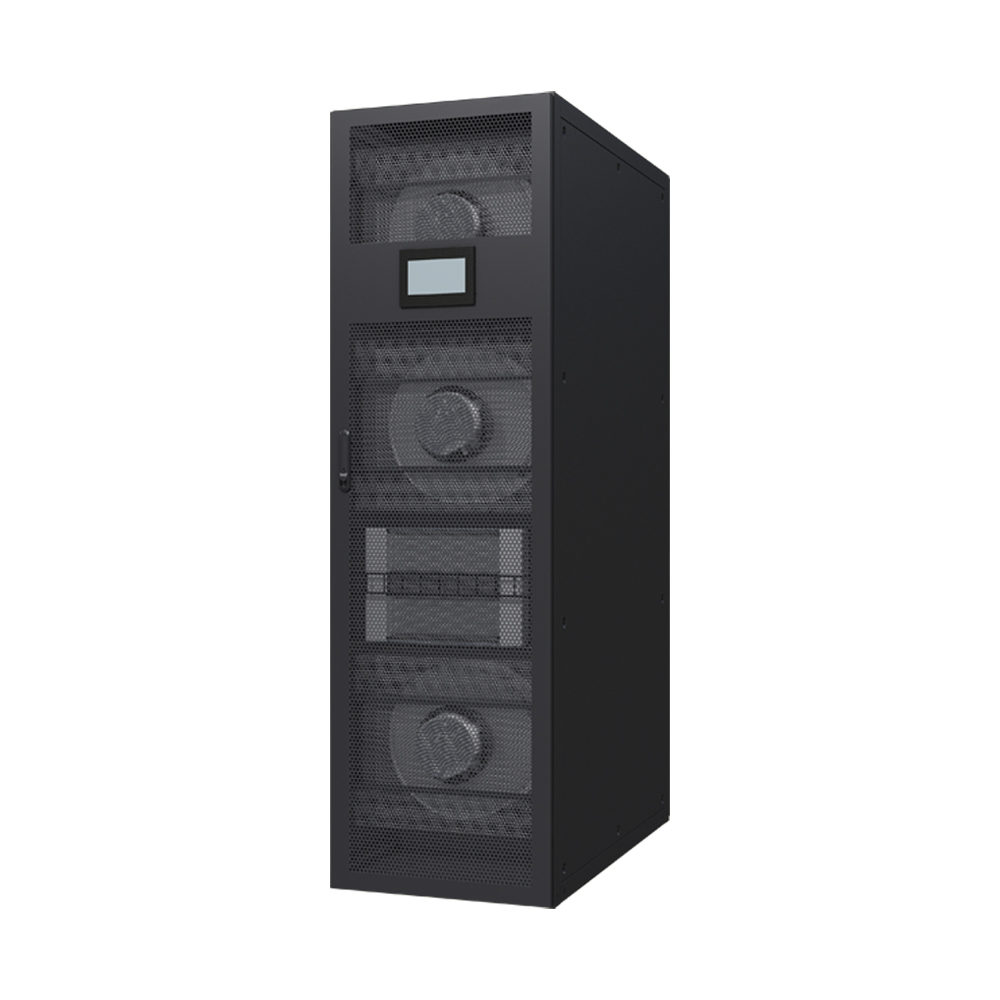
.jpg)
